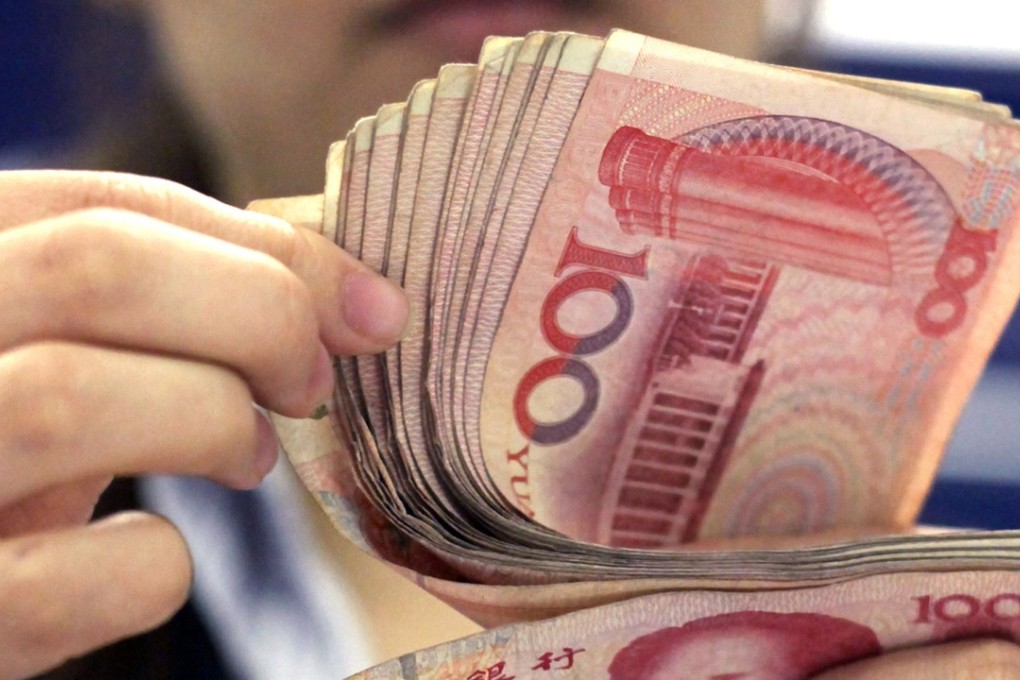Declining markets won’t hurt increase in Chinese billionaires, but an ‘all-out’ trade war will, say experts
- In 2017, wealth of billionaires globally rose to its highest level, from US$7.5 trillion to US$8.9 trillion, according to UBS and PwC report
- Almost one in five came from China

A dip in stocks globally is unlikely to hinder a rapid increase in the number of billionaires in China, but an escalation in the US-China trade war could.
If the ongoing trade tensions were to develop into an “all-out” trade war, “an abrupt change in economic conditions would have knock-on effects on billionaires’ interests and investments”, said Philip Wyatt, Asia-Pacific economist at UBS Global Wealth Management.
Trade war, slowing economy and market rout wipe out billions from China’s 400 richest people on Forbes list
In 2017, the wealth of the world’s billionaires rose to its highest level in history, from US$7.5 trillion to US$8.9 trillion, spread across 2,158 people. Almost one in five came from China, which saw 373 people hold US$1.12 trillion, rising from just 16 in 2006, according to a report on billionaires published by UBS and PwC on Friday.
The worsening trade war with the United States has contributed to a slowing economy and the worst stock market rout in four years in China, and this could prove crucial as last year’s rise was led by equity market growth and a strong global economy, according to UBS’s Wyatt.
“Two internet companies, Pinduoduo and Douyin, will be listed on the Nasdaq later this year, and the owners are already billionaires,” said Francis Lun, the chief executive of investment services company Geo Securities. “That will continue unless China enters into a real [trade] war with the US.”
China’s 400 wealthiest people have already lost a combined US$130 billion from their fortunes in the past year, according to Forbes’ 2018 China Rich List, published on Thursday.
And according to Castor Pang Wai-sun, head of research at Core Pacific-Yamaichi, more caution resulting from uncertainty surrounding the trade war and potentially less spending power could harm the growth of billionaires even further.